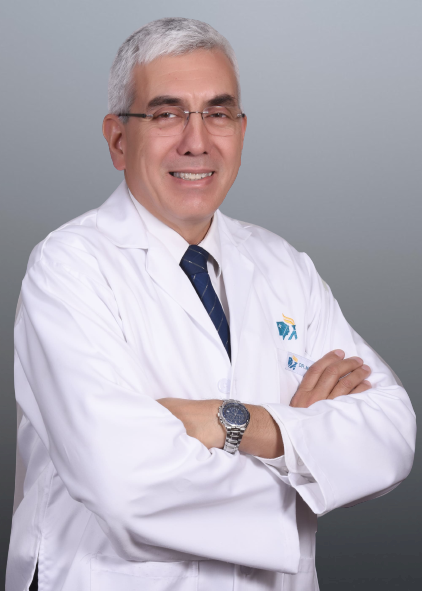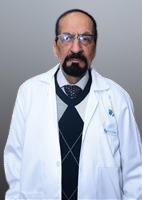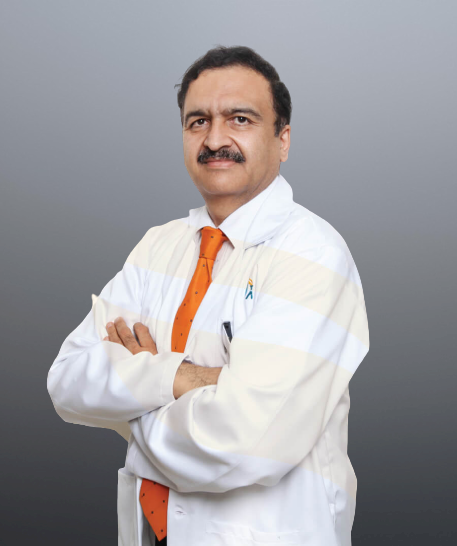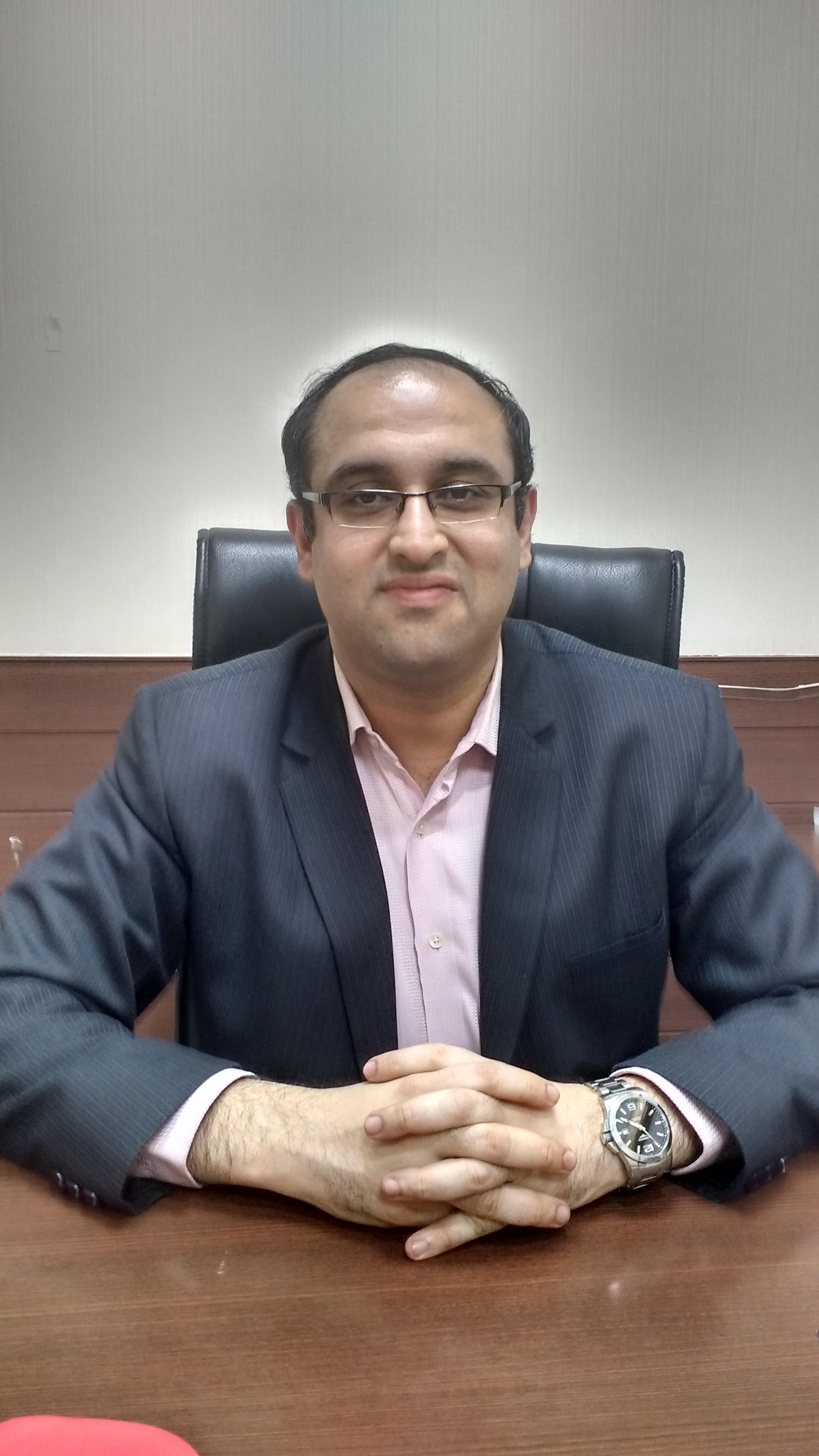Best Doctors for Parkinsons Disease in Delhi
Parkinson’s disease is a condition that affects the nervous system, particularly the brain regions responsible for movement control. This neurodegenerative disorder results from the gradual loss of dopamine-producing cells in the brain, and its exact cause remains unknown. Over time, Parkinson’s disease may lead to mobility issues, speech difficulties, and cognitive changes.
Delhi has seen an increase in the number of people seeking consultations from Parkinson’s disease specialists. Apollo Hospitals, renowned for its world-class healthcare services and Parkinson’s disease doctors, is at the forefront of providing care for Parkinson’s in Delhi.






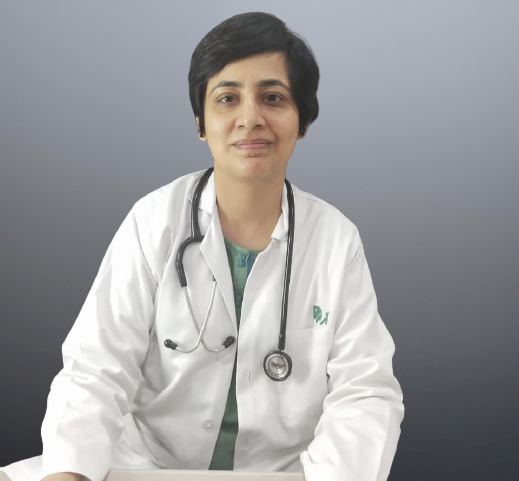


 Call Now
Call Now